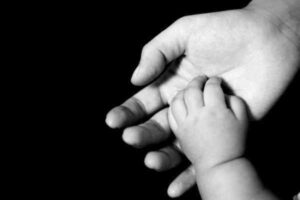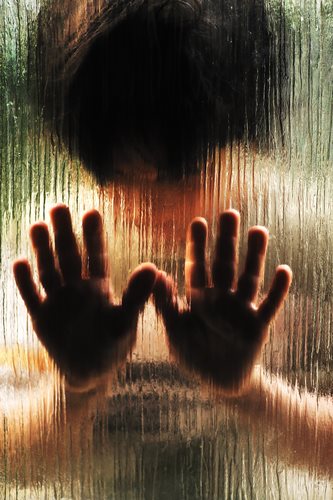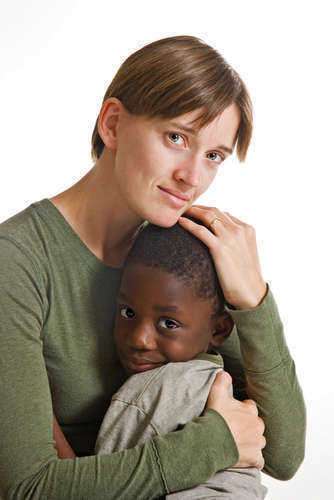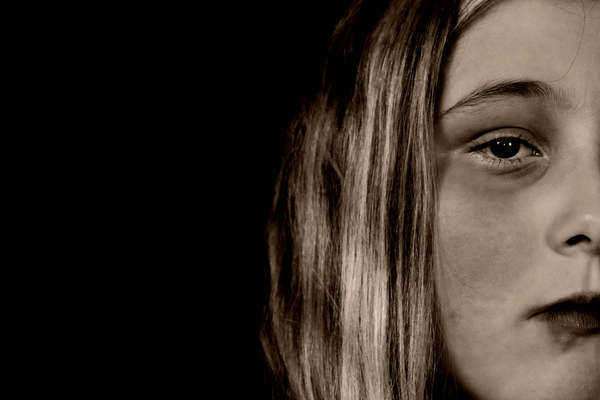Unveiling the Battle: The Erosion of Parental Rights in Modern Society

In recent years, the landscape of parental rights has undergone significant transformation, raising concerns among families, legal experts, and advocacy groups. The erosion of parental authority in various domains—education, healthcare, and child welfare—has sparked a national dialogue about the balance between state intervention and family autonomy. This article explores the historical context of parental rights, the evolution of legal frameworks, societal influences, notable case studies, and the movements resisting these changes, ultimately offering insights into the future of parental rights in modern society.
Understanding Parental Rights: Historical Context and Modern Implications
Parental rights have long been a cornerstone of family law, rooted in the belief that parents are best positioned to make decisions regarding their children’s upbringing. Historically, these rights were largely unchallenged, grounded in common law principles that emphasized family autonomy. However, the late 20th and early 21st centuries have seen a shift, as societal norms evolve and the state increasingly asserts its role in child welfare. This shift raises critical questions about the implications for family dynamics, as parents navigate a landscape where their authority is often questioned or undermined by external entities, including schools and government agencies.
The Legal Framework: How Laws Have Evolved Over Time
The legal framework surrounding parental rights has evolved significantly, influenced by landmark court cases and legislative changes. Initially, the doctrine of parental rights was largely unregulated, but the introduction of laws aimed at protecting children from abuse and neglect has complicated this landscape. The 1974 Child Abuse Prevention and Treatment Act, for instance, established federal guidelines for child welfare, empowering state agencies to intervene in family matters. Moreover, recent rulings by the Supreme Court have underscored the tension between parental rights and the state’s interest in child welfare, leading to a patchwork of laws that vary widely by jurisdiction and often leave parents feeling vulnerable to state overreach.
Societal Influences: The Role of Cultural Shifts in Parental Authority
Cultural shifts have played a pivotal role in the erosion of parental rights, as societal attitudes toward parenting and authority have transformed. The rise of individualism and the emphasis on children’s rights have led to increased scrutiny of parental decisions, particularly in areas such as education and healthcare. Movements advocating for children’s autonomy often challenge traditional notions of parental authority, arguing that children should have a voice in decisions affecting their lives. This cultural shift has created an environment where parents may feel pressured to conform to prevailing norms, sometimes at the expense of their rights and instincts as caregivers.
Case Studies: Notable Instances of Parental Rights Erosion
Several notable case studies illustrate the erosion of parental rights in contemporary society. One such instance is the case of a couple in Michigan who faced legal repercussions for refusing to vaccinate their children, citing personal beliefs. The state intervened, ultimately ruling that the children’s health superseded parental authority. Another example is the ongoing debate surrounding educational curricula, where parents have been sidelined in discussions about content that aligns with their values. These cases highlight the growing tension between parental rights and state interests, raising alarms about the potential for overreach and the marginalization of parental voices in critical decisions.
Advocacy and Resistance: Movements Fighting for Parental Rights
In response to the perceived erosion of parental rights, various advocacy groups have emerged, championing the cause of family autonomy and parental authority. Organizations such as the Parental Rights Foundation and the Home School Legal Defense Association work tirelessly to educate parents about their rights and provide legal support in contentious situations. These movements aim to raise awareness about the importance of preserving parental authority in the face of increasing state intervention. Through grassroots campaigns, lobbying efforts, and public education initiatives, advocates strive to ensure that parents retain the fundamental right to make decisions in the best interest of their children.
Future Outlook: Potential Trends and Solutions for Parents Today
Looking ahead, the future of parental rights will likely be shaped by ongoing legal battles, cultural debates, and advocacy efforts. As society grapples with the balance between child welfare and parental authority, potential trends may emerge, including increased calls for legislative reforms that protect parental rights more robustly. Additionally, the rise of technology and social media may empower parents to organize and mobilize more effectively against perceived encroachments on their rights. Solutions may also involve fostering dialogue between parents, educators, and policymakers to create a more collaborative approach to child-rearing that respects parental authority while ensuring children’s well-being.
The erosion of parental rights in modern society presents complex challenges that require careful consideration and action. As families navigate this evolving landscape, it is essential to recognize the historical context, legal frameworks, and societal influences that shape parental authority. By understanding these dynamics and engaging in advocacy efforts, parents can work towards reclaiming their rights and ensuring that their voices are heard in decisions that profoundly impact their children’s lives. The future of parental rights hinges on a collective commitment to preserving family autonomy while fostering a society that values both parental authority and child welfare.












